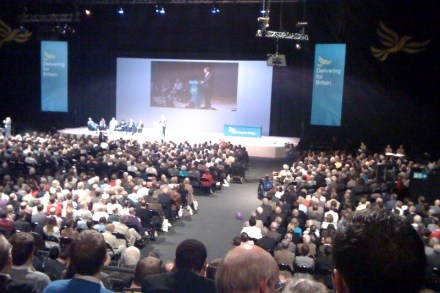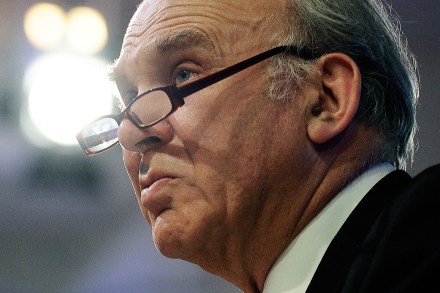Live-blogging from the fringe: “Whose schools are they anyway?”
So where will the tension be at the Lib Dem conference? Easy: the free schools agenda. Clegg backs it, and when David Laws took over the agenda he backed Gove’s market-based reform. But the teaching unions are in a fight to the death against it. The Gove agenda would put power in the hands of parents, whereas it currently rests with unions and local authorities. The latter two have beaten everyone who has spoken about reform, from Callaghan to Thatcher to Blair. But Gove represents an existential threat. Luckily he is in coalition with the Lib Dem MPs, with whom both unions and local authorities have massive influence. The NUT

















